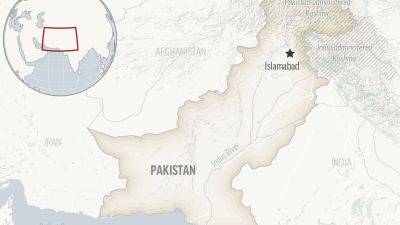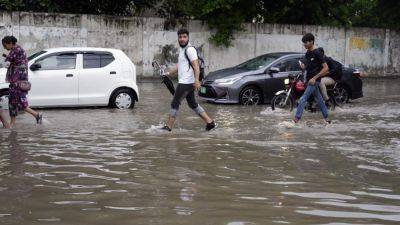COP in Pakistan
August 20, 2024
ISLAMABAD – AS the climate crisis continues to escalate, the pressure to implement sectoral policies will also increase. It is often said that climate change is multi-sectoral therefore making it difficult to implement policies after the 18th Amendment. However, beyond that no mention is made of how to bridge the gap between policy and implementation, affix responsibility, monitor progress and make systemic functions robust and accountable. It has become common practice to identify problems and attribute inaction to lack of finance, capacity and technology without examining the core issues responsible for slow progress or taking action to make policy implementable.
All the major sectors affected by climate change have a policy that serves as the guiding document for coping with emerging threats. The National Climate Change Policy 2021, National Water Policy 2018, National Food Security Policy and Disaster Risk Reduction Policy are comprehensive documents that outline the challenges and provide a roadmap for action. The implementation frameworks provide targets and timelines but fall short of sharing means of implementation or any mechanism for monitoring, reporting and verification.
The institutional arrangement in climate governance after the 18th Amendment raises many questions. The fundamental question of responsibility stands diluted. Every province has developed its own climate change policy with place-based and people-centred priorities. While ostensibly sub-national policies feed into the National Climate Change Policy, there is no mechanism under which the centre can demand timely implementation from the provinces.
The Pakistan Climate Act, 2017, was designed to strengthen the technical







